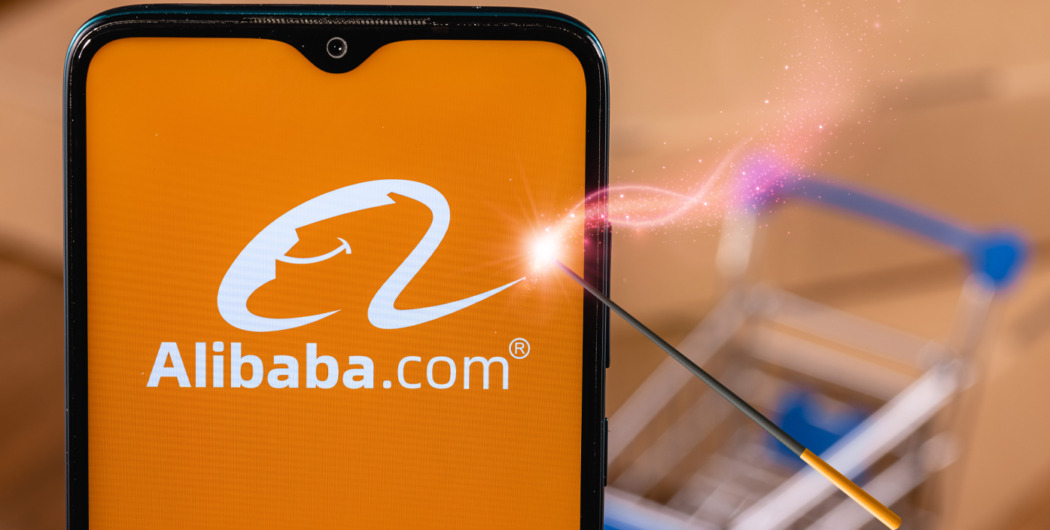

Jack Ma, a co-founder of Alibaba Group, was paid $12 a month when he worked as an English teacher at Hangzhou Dianzi University. But a low-paying job at the time, and even a failed job application at KFC, didn’t get in the way of his exceptional life story. His entrepreneurial undertakings eventually made him the richest man in China and the second greatest leader, according to Fortune magazine.
Of course, Jack Ma is not the only one responsible for Alibaba’s success. This is exactly what this article will explore—the key factors that made it one of the biggest online commerce companies.
Humble, uncertain beginnings
When Alibaba first launched in 1999, the team behind it had no capital, no technology, and no plans. And it’s still not clear whether that was intentional or not.
At the time, the idea of shopping online for goods and services was becoming more prominent. Besides, at the start of the 21st century, commerce-starved China had hundreds of millions of consumers with funds to spend. So, the company emerged at the right time. The thing that set it apart was the lack of clear trajectory because “the ignorant are not afraid.”
It only took about $8,000 to open the Alibaba store. For comparison, the startup costs of the closet counterpart, Amazon, were $300,000 at the time of launch.
Different portals for different markets
Instead of pursuing the one-size-fits-all model (like most competitors), Alibaba Group went in three directions based on three target groups. B2B sales were covered by Alibaba, B2C sales by Tmall, and C2C by Taobao. Each smaller company had its own portal and type of customer.
The products offered by each portal were different, too. But this wasn’t dictated by the parent company—rather, by the types of sellers featured on them. For example, if a customer wanted to buy from large retailers like Nike or Ray-Ban, they’d go on Tmall. Wholesale reselling needs would be served at Alibaba.
What’s more, each portal was capable of serving the required volume of buyers. They didn’t need to triple the capacity to serve all markets at the same time.
Strategic use of resources
Alibaba was quick enough to understand that the growing product marketplace needed fintech support. So, the team launched an affiliate company for digital payment and digital financial services. Every time the customer pays, it goes through the Ant Group or its AliPay app. The same goes for credit, investment, insurance, and other types of services.
Another use case for Ant Group is a B2B blockchain platform for cross-border trade for quicker order processing. As for AliPay, customers can use it to connect with local businesses to order food, book hotels, etc.
Lately, Alibaba has also started leveraging IT and, more specifically, backend development solutions. These include a Cloud Toolkit IDE plug-in, Application Real-Time Monitoring Service (ARMS), Alibaba Cloud Application High Availability Service (AHAS), and more.

Strong belief in globalization and free trade
The company has come a long way from first entering the international market and endless “is Alibaba safe?” questions to where it is today. Some even argue the company is on its way to breaking the old model of global trade.
The international market has never been an inclusive space. But e-businesses are carving out their own niche, especially with the help of large distributors like Alibaba. In China, the company has already helped millions of businesses, Ma believes this model can be brought to other countries.
The executive chairman expects globalization to be driven by business people rather than politicians. Ma calls the project “e-WTO.”
102-year philosophy
The founders are in no hurry to consider their company successful. In fact, all 18 original members of the team subscribe to the idea that the company must last 102 years before they call it a success.
The 102-year “plan” doesn’t revolve around an arbitrary number. Because Alibaba was founded in 1999, its 102-year anniversary would be in 2101. This way, the founders want to ensure the company spans three centuries, which is an achievement that few companies can claim.
But this is not just about the numbers. It’s about the capture of at least three centuries and the focus on long-term growth. Rather than pursuing short- and medium-term goals, Alibaba strives to build a culture, business models, and systems that last.
Does Alibaba’s magic work outside China? Why?
So far, the diversification of revenues outside China has had a positive effect on Alibaba stock. For example, when the quarterly financial statement reported total revenue of over $2 billion (total revenue of over $2 billion), the Alibaba stock price rose by 7%.
In the last couple of years, Alibaba has doubled down in Southeast Asia, where it now owns the two biggest e-commerce players, Lazada and Tokopedia. The Western markets have been less of a priority. The situation with the US market, in particular, is complex. Alibaba has focused on attracting US businesses, but it hasn’t won over US consumers.
Finally, Alibaba’s main advantage and the magical component in all its recent endeavors – it can absorb losses more than other rivals.









